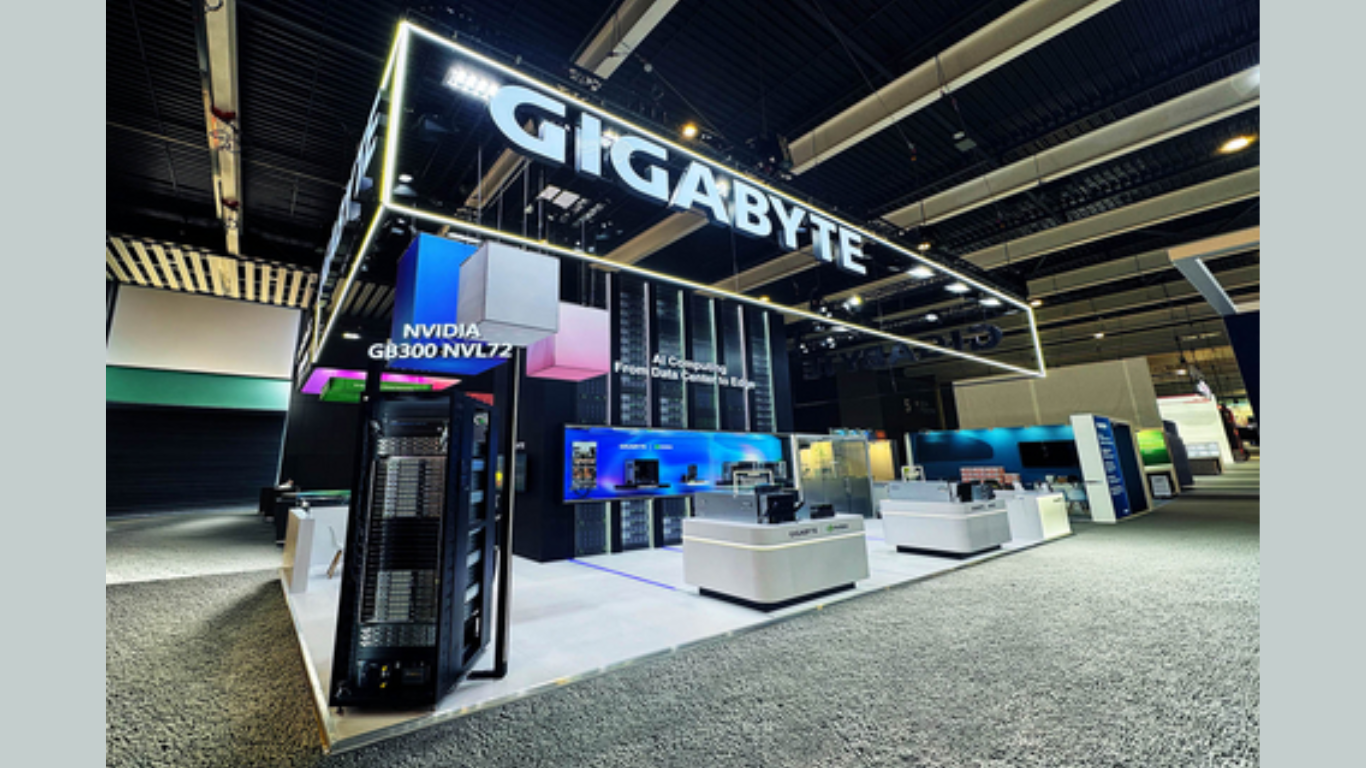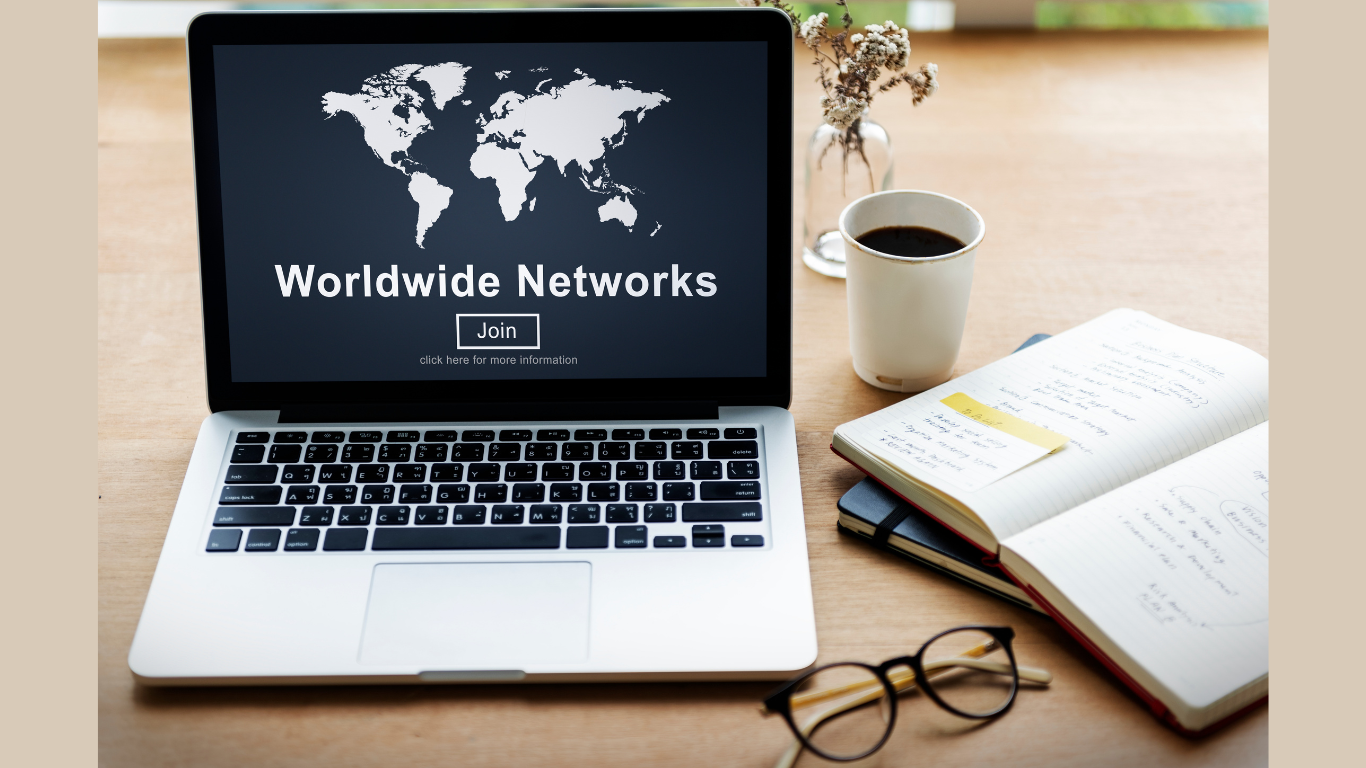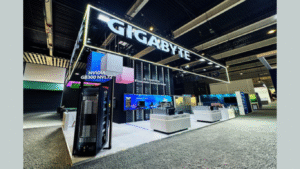Launching a startup in 2025 isn’t just about the idea and the team – it’s also about choosing the right country to register your company. From taxes and bureaucracy to access to venture capital, every factor can make or break your success. We’ve compiled a list of five jurisdictions where entrepreneurs can truly kickstart and grow their startups with ease. No fluff – just specifics, numbers, advantages, and potential challenges.
1. United States – For Those Aiming for Growth and Investment
Why Choose:
- Corporate tax rate: 21%, plus R&D tax credits (up to 20% of expenses).
- World’s largest venture ecosystem: startups raised $138 billion in 2024 (per PitchBook).
- States like Delaware and Wyoming offer flexible laws and 0% tax on out-of-state income.
What’s Convenient:
- Online registration in Delaware takes 1–2 days, costing $100–$500.
- Support programs from the Small Business Administration (SBA): loans up to $5 million, grants for innovation.
- Access to the U.S. market (330 million consumers) and top talent from Silicon Valley, Austin, or New York.
Risks and Challenges:
- High legal costs: Delaware legal services for complex structures can run $2,000–$5,000.
- Intense competition, especially in tech hubs, demands a unique product and aggressive marketing.
Tip: If you’re planning rapid scaling, choose Delaware – online registration simplifies the process, minimizing legal costs. Be ready for competition; your product needs to stand out.
2. Singapore – Tax Breaks and Easy Access to Asian Markets
Why Choose:
- Corporate tax rate: 17%, with new startups exempt from tax on the first $100,000 of profit for three years.
- Registration takes 1–2 days, and 100% foreign ownership is allowed.
- Singapore is a fintech and e-commerce hub, with ecosystem growth of 44.9% (per Startup Genome).
What’s Convenient:
- Grants up to $50,000 through programs like Startup SG Founder.
- Easy bank account setup (DBS, OCBC) even for foreigners.
- Access to Southeast Asian markets (650 million consumers) and a logistics hub.
Risks and Challenges:
- A local director (Singapore resident) is required, costing $500–$2,000 annually via specialized services.
- High cost of living and office rent in Singapore can be a barrier for startups with tight budgets.
Tip: Ideal for fintech or e-commerce projects. Hire a local director through specialized services to tap into Asian markets without China’s bureaucracy. Check EntrePass requirements if you plan to relocate.
3. United Kingdom – Strong Venture Scene and Innovation Support
Why Choose:
- Corporate tax rate: 22%, with R&D tax relief up to 230% for small businesses.
- Venture funds and programs like Innovation Grant (up to £250,000).
- 100% foreign ownership and entrepreneur-friendly visas (Innovator Visa).
What’s Convenient:
- Online LTD registration in 24 hours, costing £12–£50.
- London is a fintech hub, Manchester thrives in IT and creative industries.
- Simple business account setup and EU market access through branches.
Risks and Challenges:
- Innovator Visa requires an approved business plan and £50,000 in investment, which can be tough for early-stage startups.
- Post-Brexit regulations may complicate EU market access for some industries.
Tip: If you’re targeting Europe, register an LTD in the UK and open an EU branch to streamline deals. Use online services for paperwork and visas. Verify Innovator Visa requirements early.
4. Israel – Perfect for Tech Startups and Research
Why Choose:
- Grants up to 50% for innovative projects via the Israel Innovation Authority.
- One of the world’s strongest engineering talent pools, especially in Tel Aviv.
- Corporate tax rate: 24%, with additional R&D incentives.
What’s Convenient:
- Streamlined registration, costing around $1,000–$2,000.
- Robust venture ecosystem: $10 billion in startup investments in 2024 (per IVC Research).
- Global market focus and strong intellectual property laws.
Risks and Challenges:
- Language barrier: Hebrew can be an issue for non-English speakers, though business communication is often in English.
- Geopolitical risks and high living costs in Tel Aviv can strain budgets.
Tip: If your project is in cybersecurity, biotech, or AI, Israel is a leader for research and strategic investors. Hire a local consultant to navigate language and regulatory nuances.
5. Estonia – A Digital Haven for Remote Entrepreneurs
Why Choose:
- e-Residency program: manage an EU company online from anywhere.
- 0% tax on undistributed profits; 20% corporate tax only on dividends.
- Blockchain and SaaS hub with access to European funding programs.
What’s Convenient:
- Fully online registration in 1–2 days, costing €200–€500.
- Complete digital paperwork via platforms like e-Business Register.
- Access to the EU market (450 million consumers) without bureaucracy.
Risks and Challenges:
- e-Residency doesn’t provide a physical office or residency visa, which can be an issue for startups needing a local presence.
- Limited access to local venture funds compared to the U.S. or Israel.
Tip: For remote teams or SaaS projects, Estonia’s e-Residency is the cheapest and easiest way to enter the European market. Use online services for quick setup and accounting.
How to Choose a Jurisdiction for Your Startup
Choosing a jurisdiction isn’t just about taxes – it’s about speed, flexibility, and strategic growth. Here’s a quick comparison table:
| Goal | Recommended Jurisdiction | Why | Key Benefits |
| Investment and Rapid Growth | USA | Largest venture ecosystem ($138B in 2024) | Market access, SBA grants, Delaware online registration |
| Low Taxes and Quick Start | Singapore | Minimal bureaucracy, 0% tax on first $100,000 profit | Grants, Southeast Asia access, fast setup |
| Innovation and EU Access | UK | Strong R&D support, Innovator Visa | Up to 230% R&D tax relief, EU branches |
| Tech Startups | Israel | Access to talent and grants up to 50% | Venture funds, strong IP protection |
| Remote Business / SaaS | Estonia | e-Residency and online management | 0% tax on profits, online registration |
If you’re unsure where to start, consult company registration experts – they’ll help you pick a jurisdiction, estimate costs, and launch with minimal risks.
Setting Up a Company: Tips for International Entrepreneurs
Starting a business abroad can be daunting, but with proper planning, it’s manageable. Here are updated practical tips tailored to local nuances and potential risks:
1. Research Local Requirements.
Each jurisdiction has unique rules. Delaware (USA) requires minimal paperwork, but Singapore mandates a local director, which can be hired for $500–$2,000 annually through specialized services. In Israel, registration involves Hebrew-language interactions, potentially requiring a translator or consultant ($200–$500).
2. Leverage Digital Tools.
Estonia’s e-Residency enables fully online company management, including account setup and reporting. The UK’s Companies House offers electronic registration for £12, and Singapore’s ACRA provides a similar process in 1–2 days. These save time and money for remote entrepreneurs.
3. Understand Taxes.
Tax systems vary widely. Estonia’s 0% tax on undistributed profits is ideal for long-term growth, but dividends incur a 20% tax. In the U.S., R&D credits (up to 20%) require precise expense tracking to avoid overpaying. Study tax treaties to prevent double taxation.
4. Navigate Visa and Residency Issues.
The UK’s Innovator Visa requires a business plan and £50,000 in investment, which can be a hurdle. Singapore’s EntrePass demands proof of project innovation. Estonia’s e-Residency doesn’t grant residency, so a separate visa is needed for physical presence. Check requirements early.
5. Budget for Costs.
Registration costs vary: $100 in Delaware, €200 in Estonia, up to $2,000 in Singapore (including director fees). U.S. legal services can cost $2,000–$5,000, while Israel’s translation and support may run $1,000. Factor in accounting ($500–$2,000 annually) and bank fees.
6. Protect Intellectual Property.
Israel and Singapore prioritize patent and trademark protection, starting at $500. In the U.S., USPTO trademark registration costs $250–$350 but takes 6–12 months. Secure IP early to avoid disputes.
Risks: Be prepared for high legal costs in the U.S., language barriers in Israel (especially for non-English speakers), and e-Residency limitations in Estonia, like no physical office or restricted access to local grants. Use specialized online services to minimize bureaucracy.
If you lack experience, consult legal firms specializing in company formation and registration for international projects.
Conclusion: Where the Startups of Tomorrow Are Born
Choosing a jurisdiction isn’t just a formality – it shapes how easily you can grow, attract investment, and feel confident in your future. The U.S. offers scale and funding, Singapore provides flexibility and tax breaks, the UK supports innovation and EU access, Israel delivers tech expertise, and Estonia offers digital freedom.
Don’t chase the “cheapest” jurisdiction – pick the one where your project can thrive. Start with a consultation from company registration experts to avoid mistakes and accelerate your launch. Your first step today could lay the foundation for global success.
Article received via email































